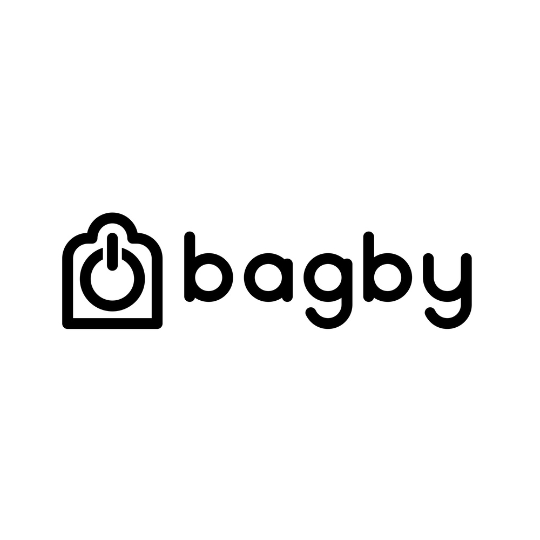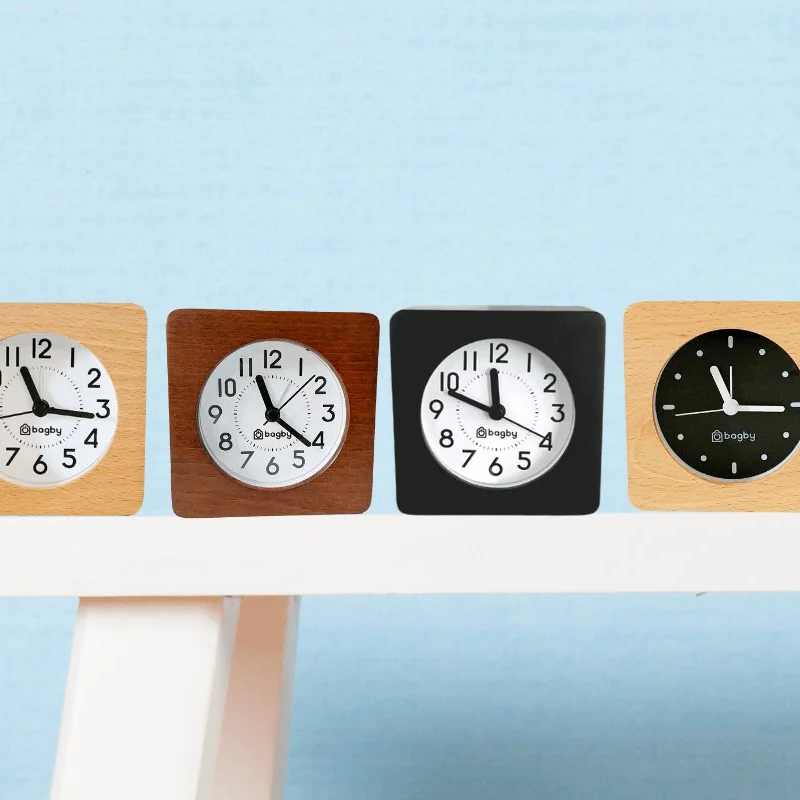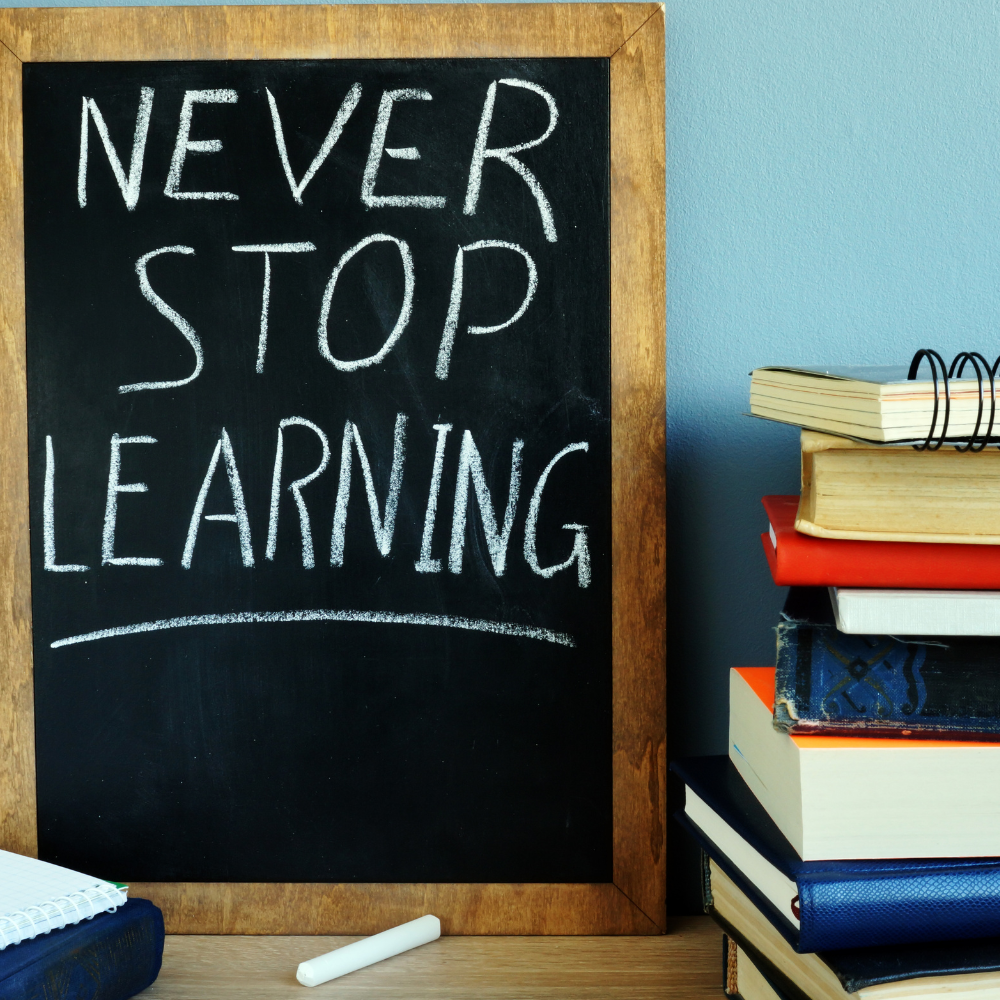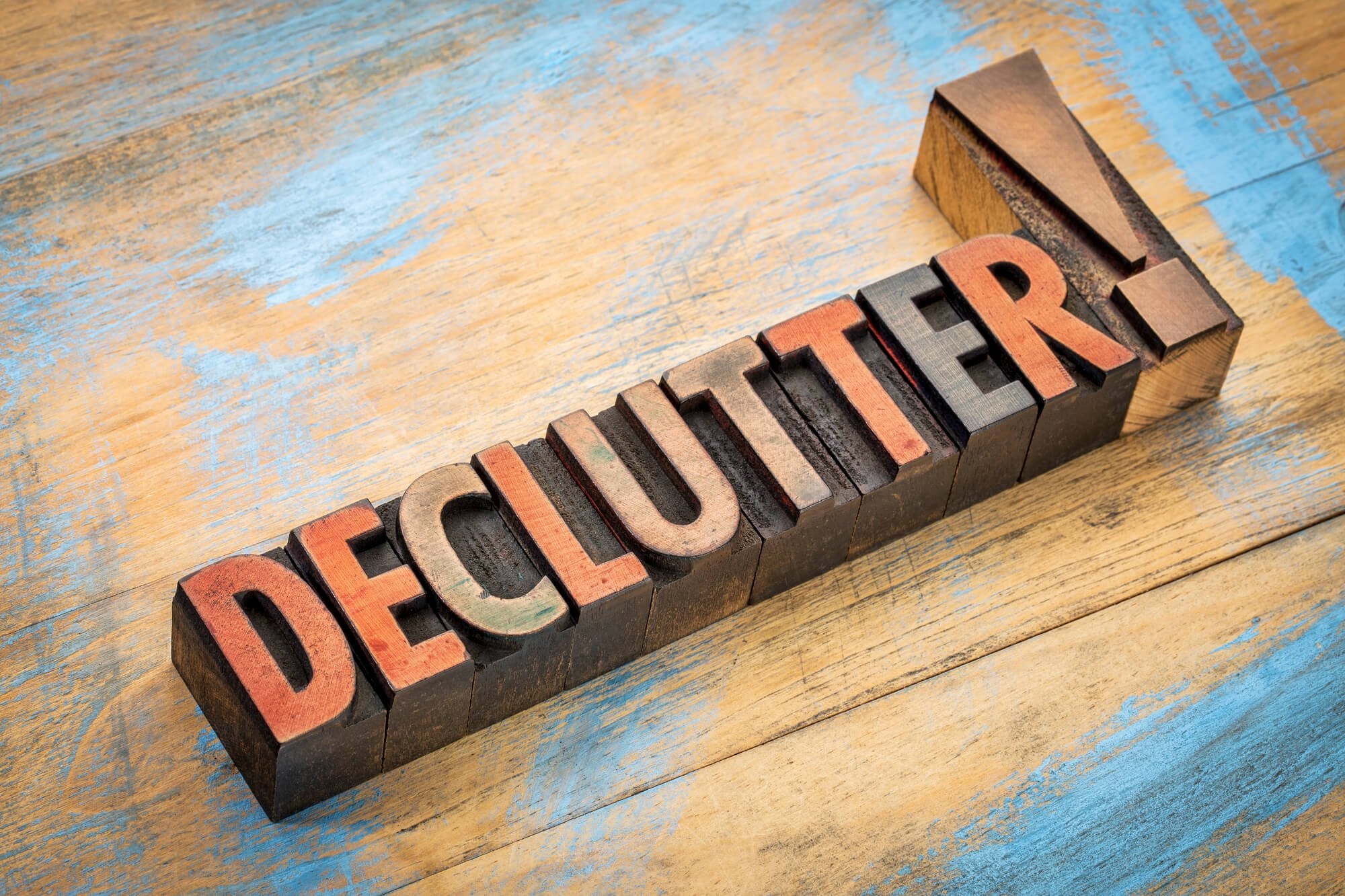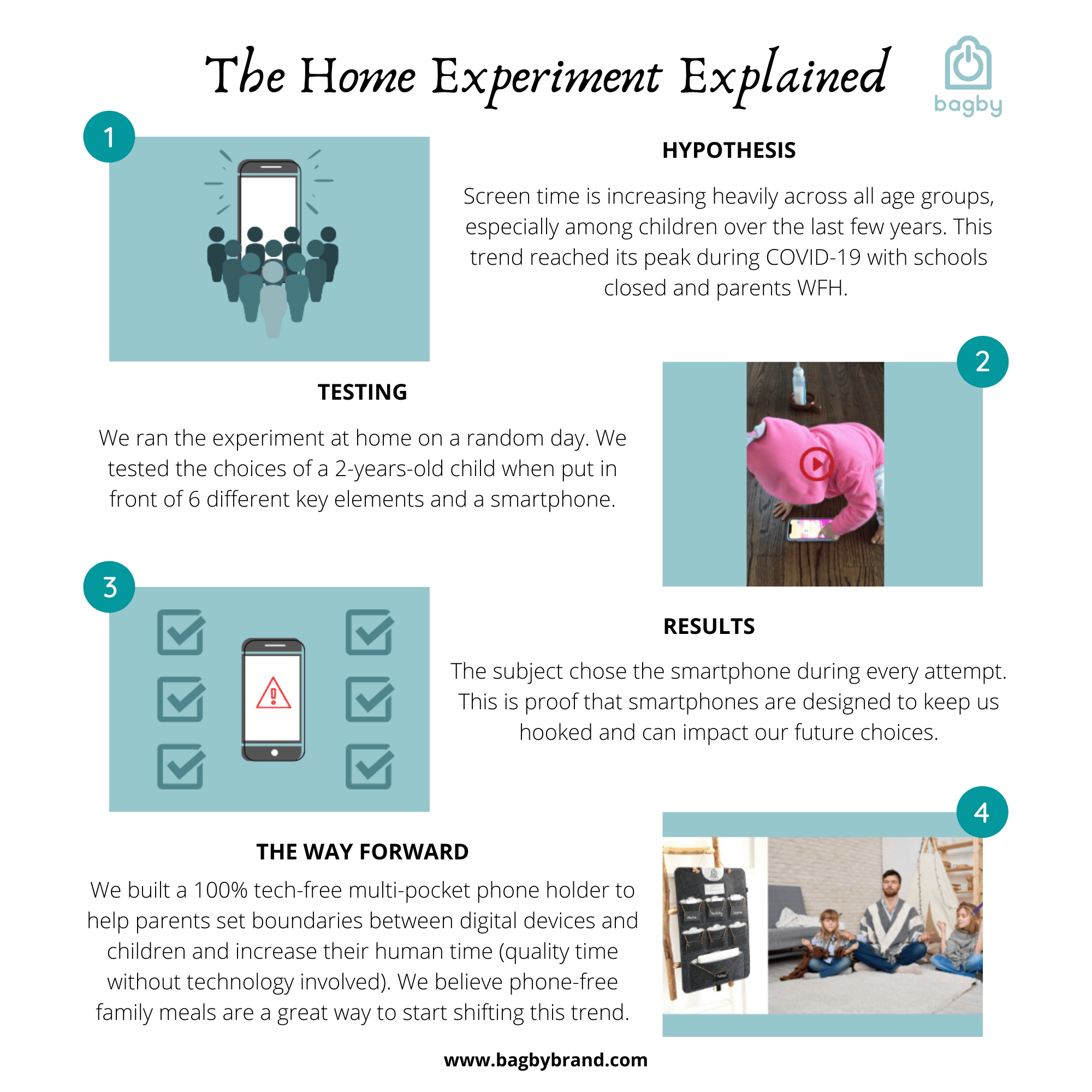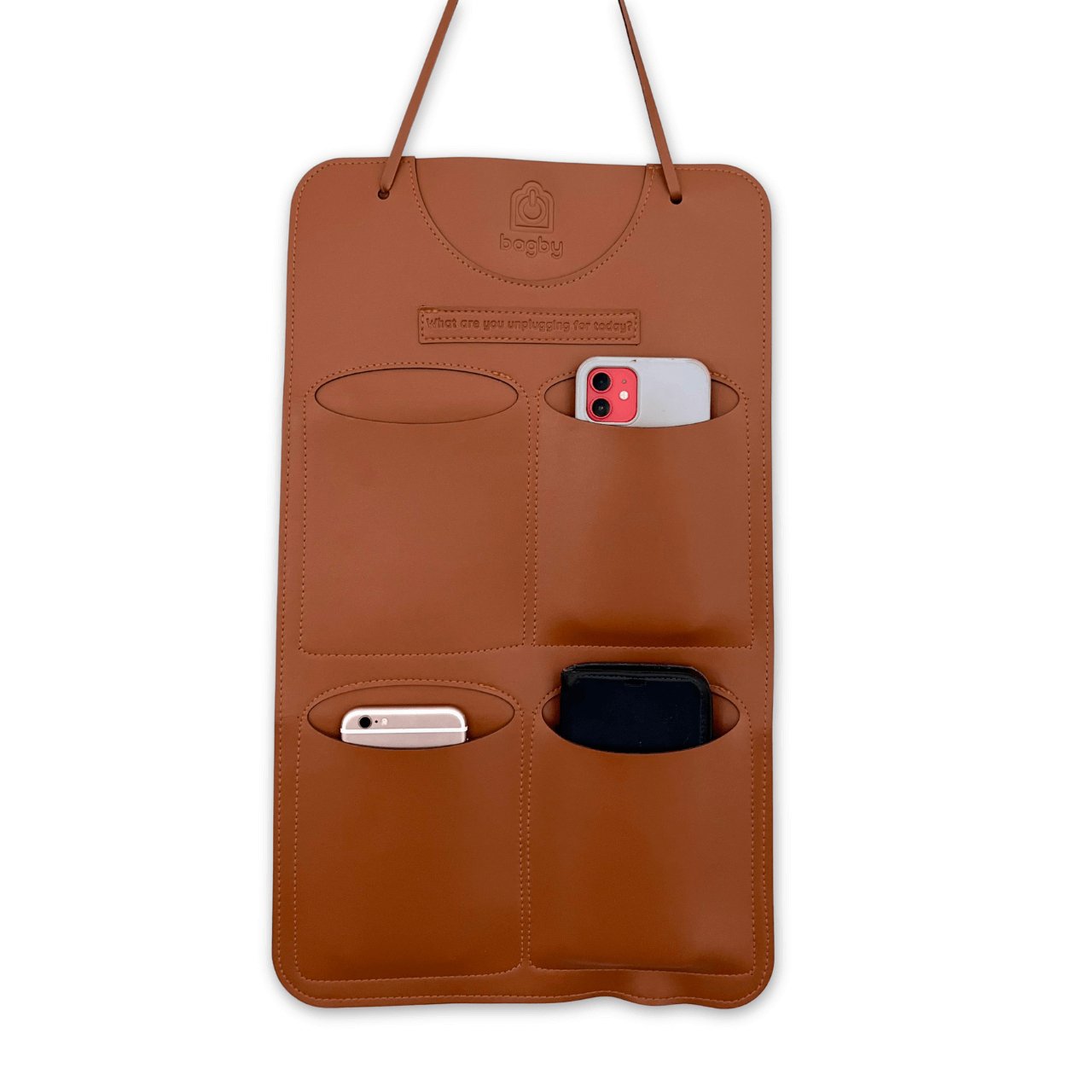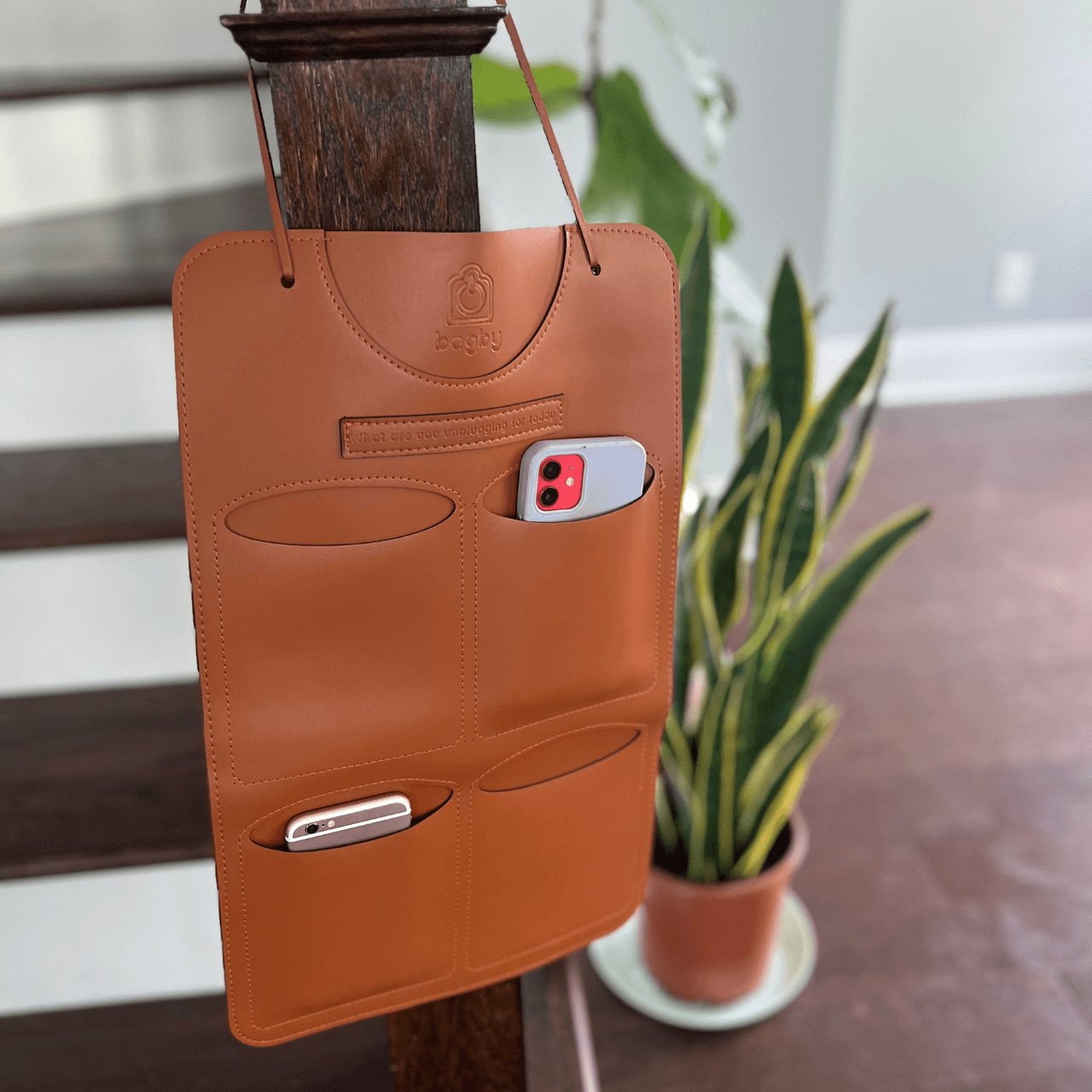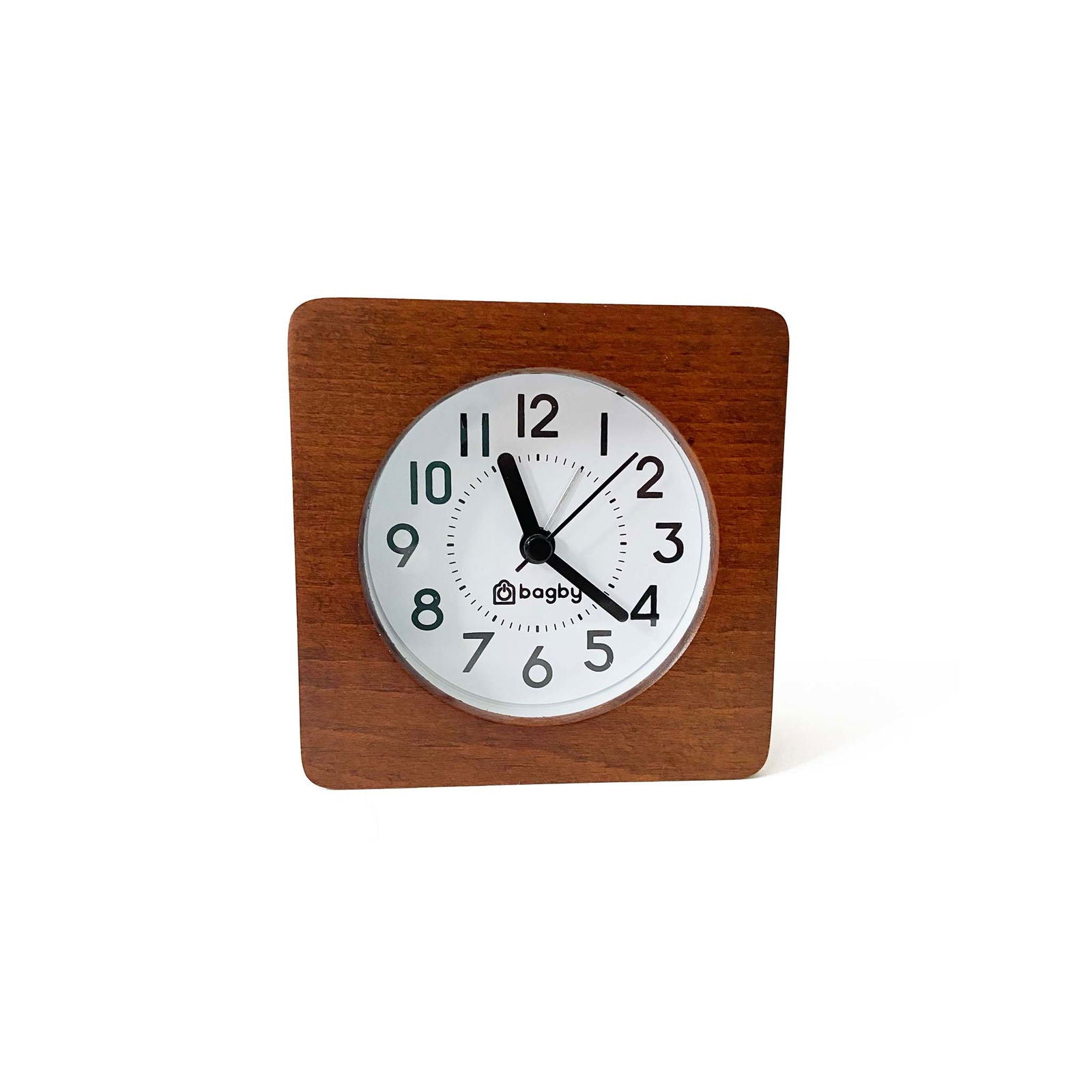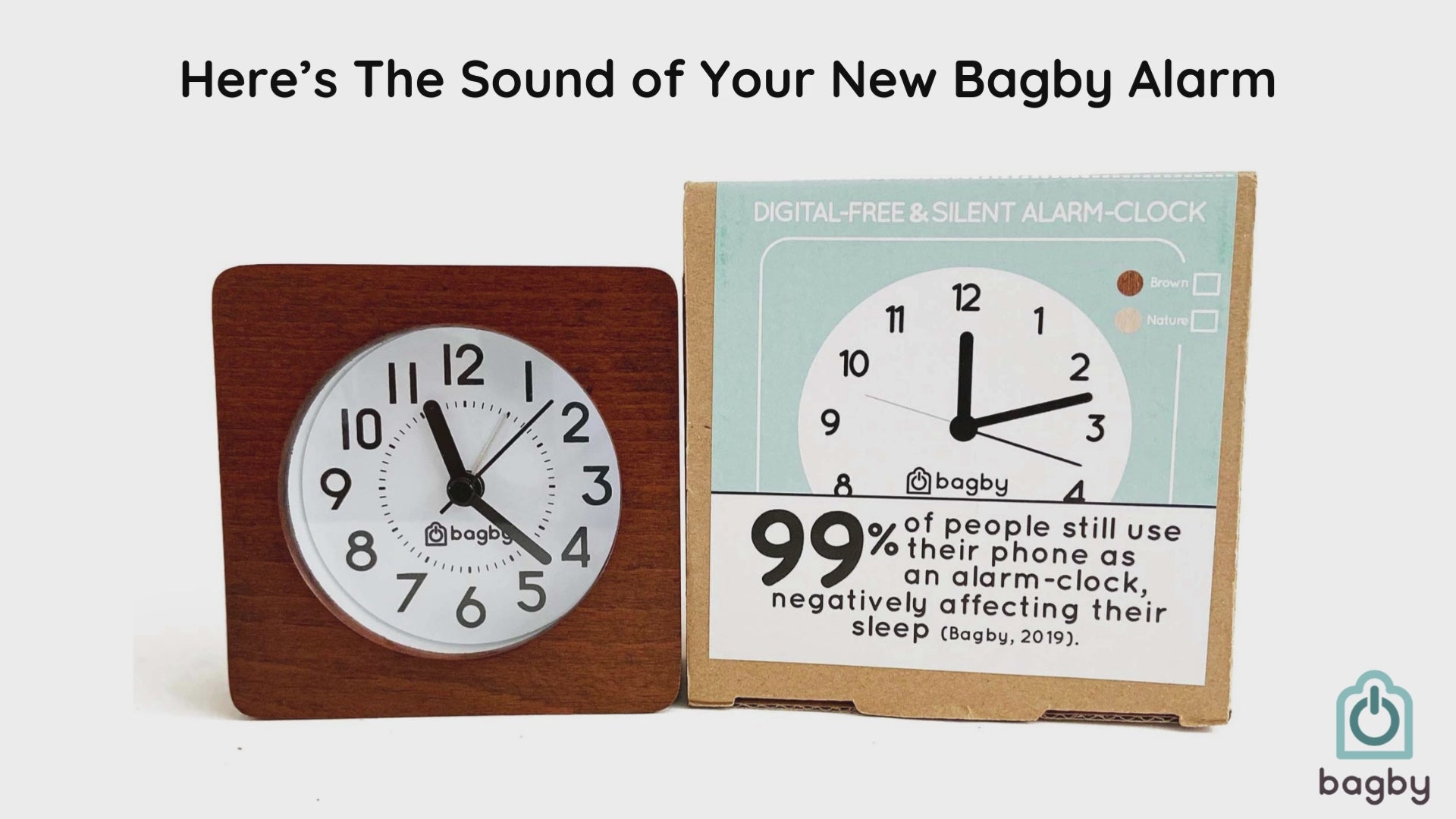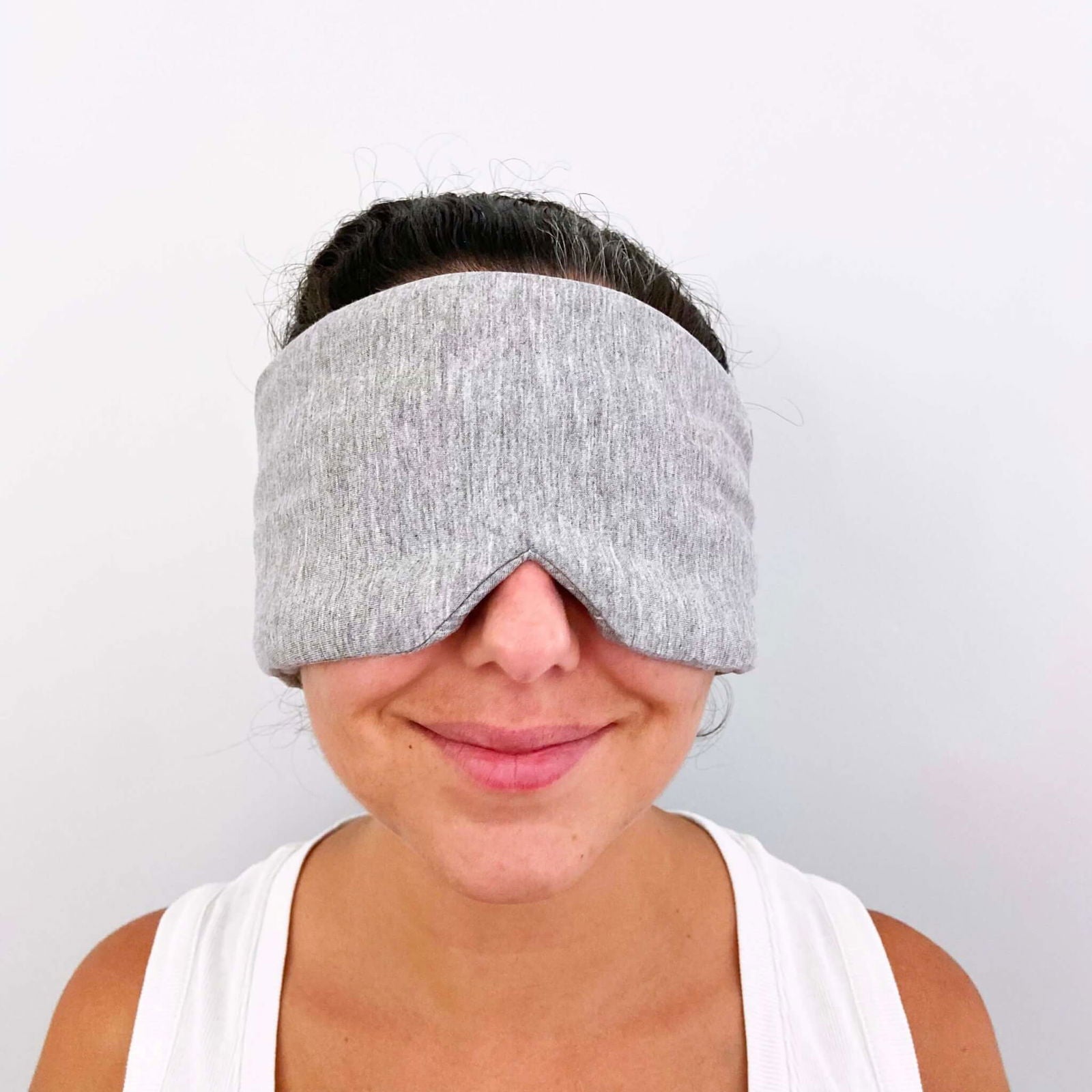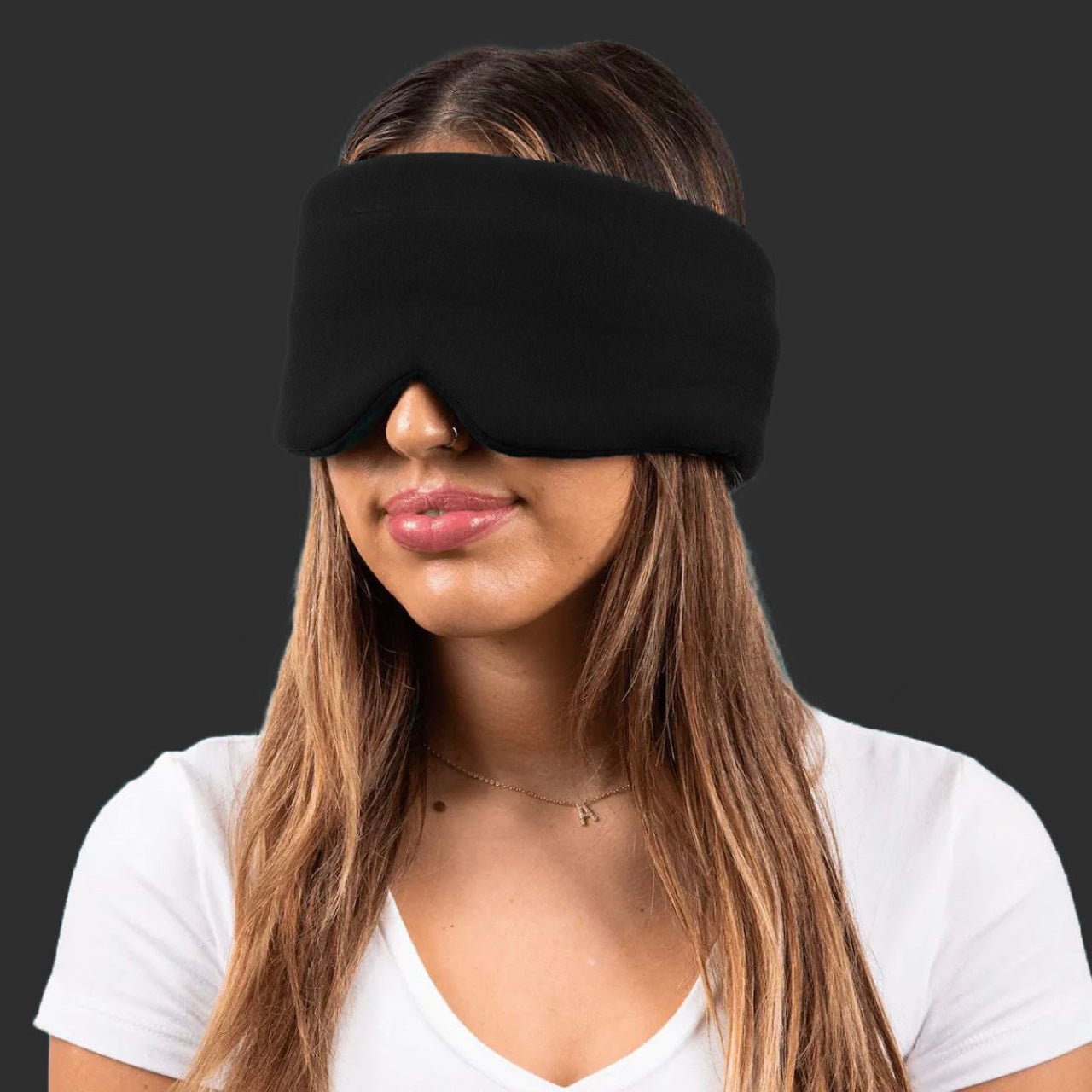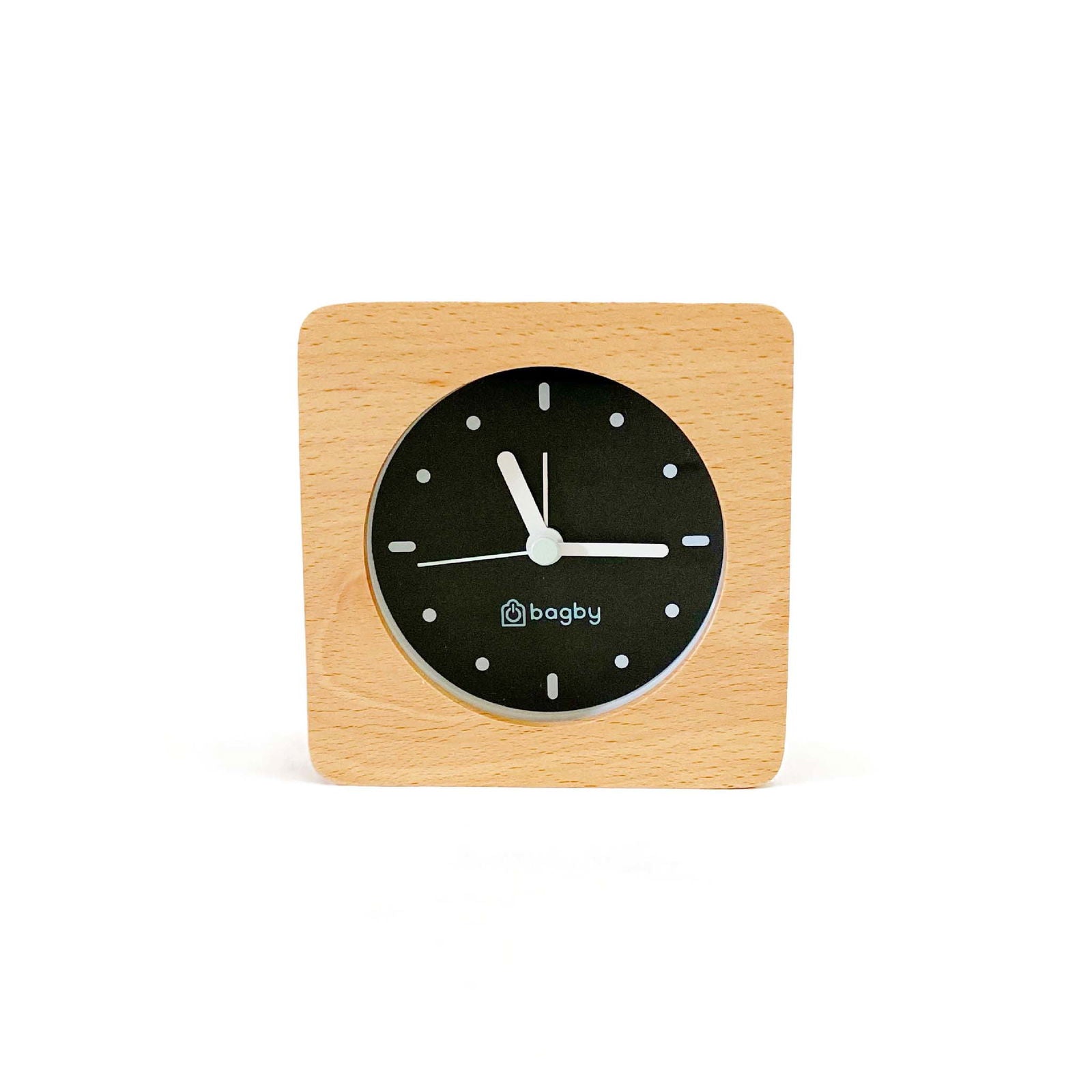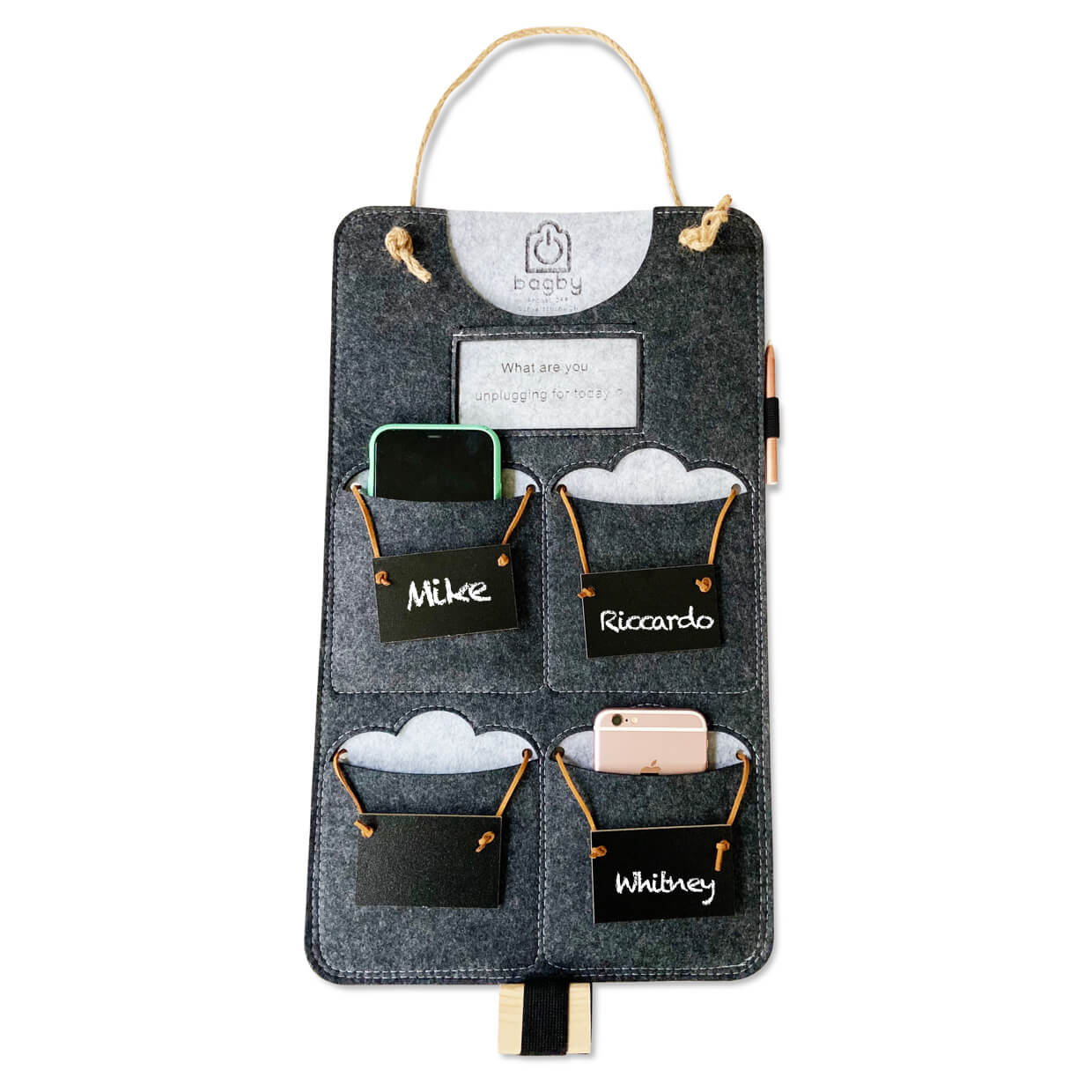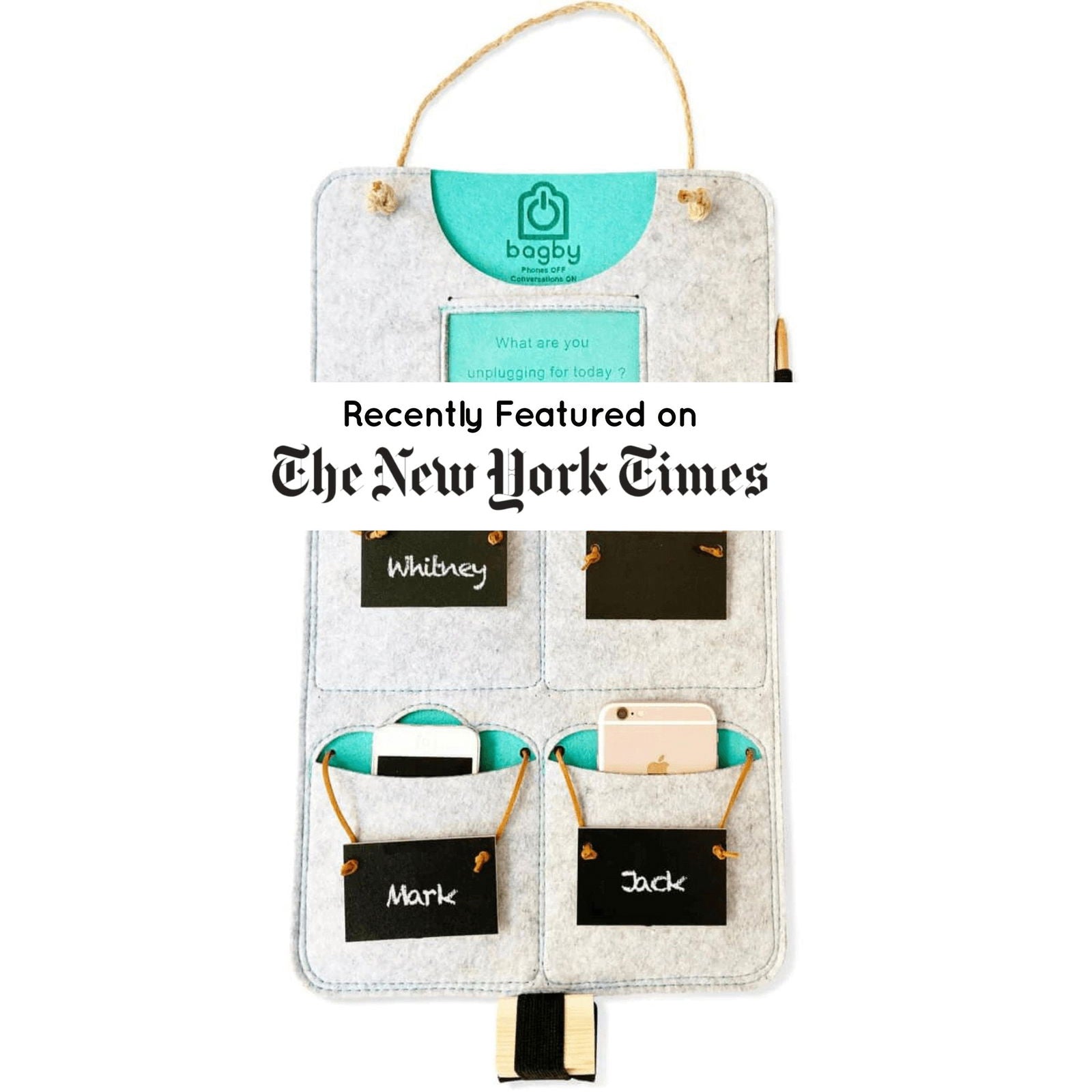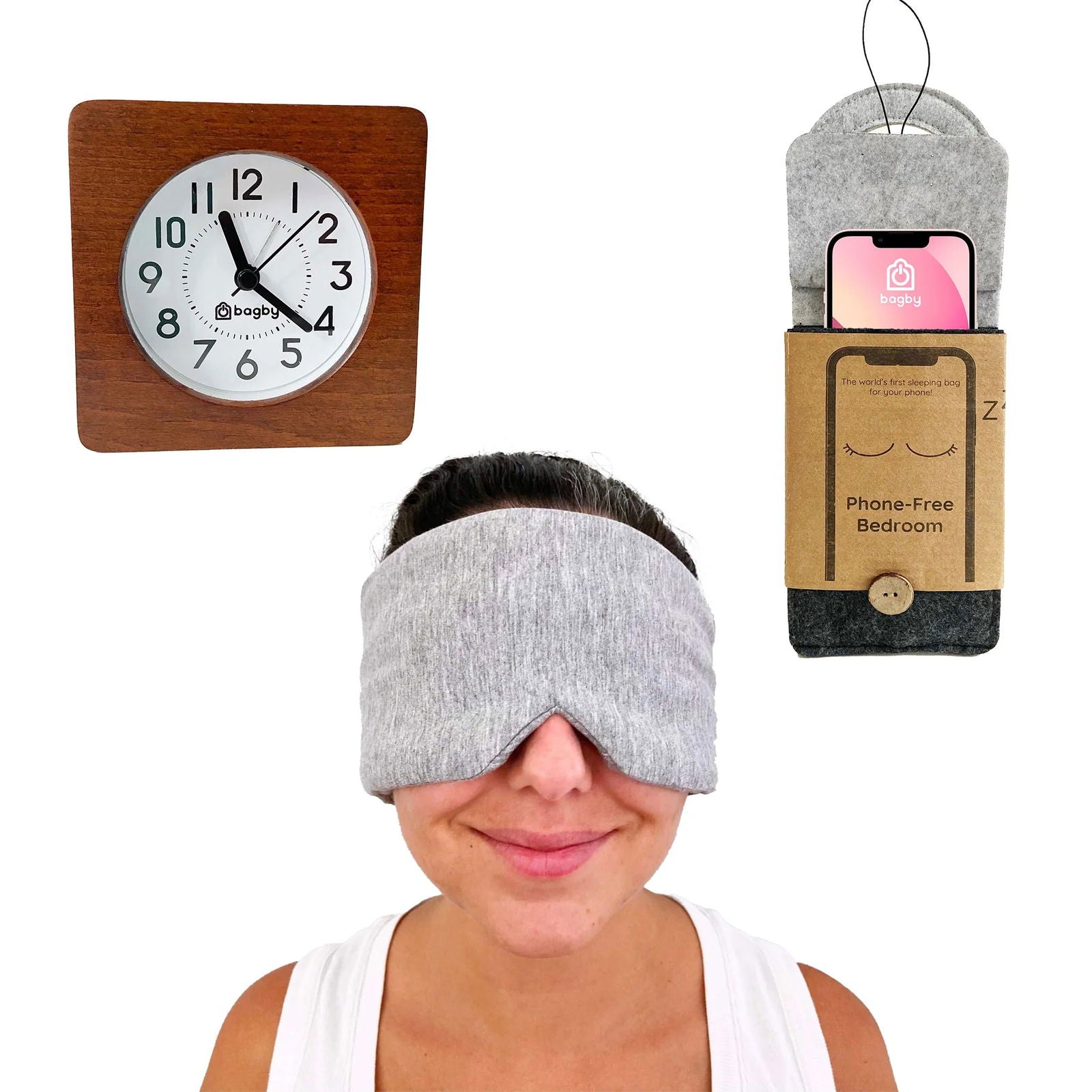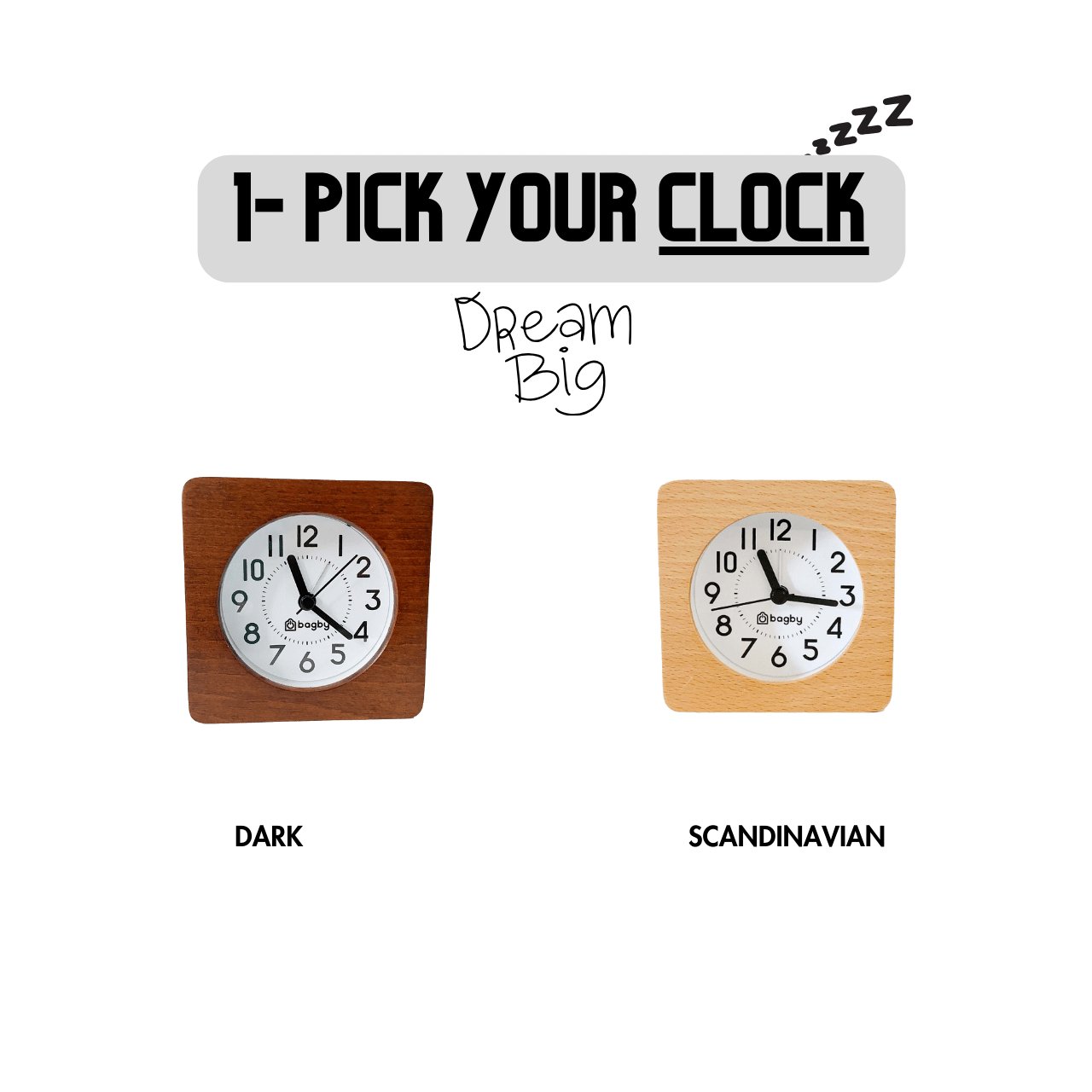Let’s be frank for a moment. Technology was supposed to connect us, but we're more disconnected than ever. Indeed, technology brings us closer to those far away but disconnects us with those next to us. The world has become so small that we don’t pay attention to what is real in front of us. As it occurs with anything in life, when we are given too much of something, the results can backfire. The increase in ‘connection’ seems to be resulting in a parallel increase in ‘disconnection’.
The problem is not limited to connection between peers, it also involves the way technology has integrated into many other aspects of our lives (IoT – The Internet of Things). When you think about it, what have we been doing over the last 10-15 years with our smartphones and common objects that, at one moment in time, was so crucial for our lives?
I personally love Minimalism and the idea of decluttering. This trend has actually inspired us to create Bagby. However, there is a fallacy that lays deeply within the art of decluttering. Over the last 10-15 years, we got rid of many things (which is great), but we didn’t realize we were also giving away our freedom, silently, to our smartphones. What we proudly call or refer to as the “SMART” product revolution today (products connected to our phones) is one of the main reasons why we became so attached to our phones. We decluttered, yet we lost our freedom. Today we use our smartphones for literally EVERYTHING: calling, texting, socializing, reading the news or our favorite book, watching TV, listening to music, tracking workouts, writing notes, checking calendars, setting alarms, purchasing clothes and food, flirting / dating, taking a taxi, driving (GPS), checking the weather, meditating, catching a thief (home security), etc. The list is endless.
I'm sick of the word 'smart'. Just got an email from Indigogo with a smart projector, smart sleep mask, smart home camera and even a smart f*&^ing duvet. Makes me want to give someone a smart punch in their smart face. pic.twitter.com/EmWy6nglb7
— Dave Birss (@davebirss) April 12, 2018
The fallacy of minimalism can be explained by the fact that minimalism goes beyond decluttering. Joshua Fields Millburn & Ryan Nicodemus (The “Minimalists”) put it well: “Minimalism isn’t about any of those things, but it can help you accomplish them. If you desire to live with fewer material possessions, or not own a car or a television, or travel all over the world, then minimalism can lend a hand. But that’s not the point.

Minimalism is a tool that can assist you in finding freedom. Freedom from fear. Freedom from worry. Freedom from overwhelm . Freedom from guilt. Freedom from depression. Freedom from the trappings of the consumer culture we’ve built our lives around. Real freedom.
Want to own a car or a house? Great, have at it! Want to raise a family and have a career? If these things are important to you, then that’s wonderful. Minimalism simply allows you to make these decisions more consciously, more deliberately.
…
If we had to sum it up in a single sentence, we would say, Minimalism is a tool to rid yourself of life’s excess in favor of focusing on what’s important—so you can find happiness, fulfillment, and freedom.”
Now, if Minimalism is all about focusing on the important things, especially freedom and happiness, why have we given them away in favor of convenience, technology, and digital consumerism?
I’m not saying that we should all go back to the stores, buy everything we got rid of and destroy our phones. I’m suggesting, however, that we should all do an introspective exercise and define what makes us happy that is not “SMART” or related to our smartphones. I’m confident you will find yourself bringing back that analog clock you loved in the bedroom, your book collection, that simple and old mug with your name on it, or your old-school key chain.
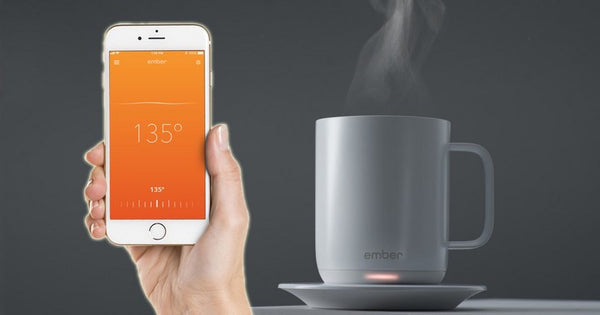
Ask yourself the following: is it necessary to pair my mug with my smartphone through Bluetooth to adjust the temperature? Is waking up with my phone any better than waking up with a simple alarm clock? Do the 2 extra hours I spend scrolling first thing in the morning and again before bed, along with the anxiety and stress produced, worth getting rid of the alarm clock I always loved? Do I need the ultimate Touchscreen Connected Fridge, that uses a computer processor and 2 GB of RAM alongside with 10 apps that monitor my moves and sell my data?
Do I need a juicer that only works with “smart” sachets that generate additional unnecessary waste and uses a QR code that shows irrelevant information?
Is it necessary that a Toaster is able to toast awesome images and post them on social media in order to cure my morning blues? Well, it did once exist and was called Toasteroid. This “Smart Toaster” could be your personal Weather Forecaster, Private Messenger, and Doodle Pad. It could do all of the above with simple commands from your smartphone while making the most perfect piece of toast you’ve ever had.

I’ve always thought breakfasts were supposed to be distraction-free and a time for relaxation and joy.
This list is, again, endless; and it gets more ridiculous.
Seriously, ask yourself this question: Are your freedom and the negative consequences associated with phone overuse (anxiety, stress, a decrease of focus, etc.) worth the cool “SMART revolution” showoff?
We recently ran a home experiment with smartphones and the person we love the most, our daughter Luna. The result was shocking, so we decided to build something “non-SMART” that could help other parents like us reduce their family's screentime, and more importantly, increase their HUMAN TIME.
I think it is time to read from some of the greatest classical thinkers and define what is truly important to us.
Leonardo Da Vinci once said, “simplicity is the ultimate sophistication”. Perhaps sophistication, which is now linked to luxury and “smart” things, will one day be all about going back to simpler times when human connections were valued over social media likes.

